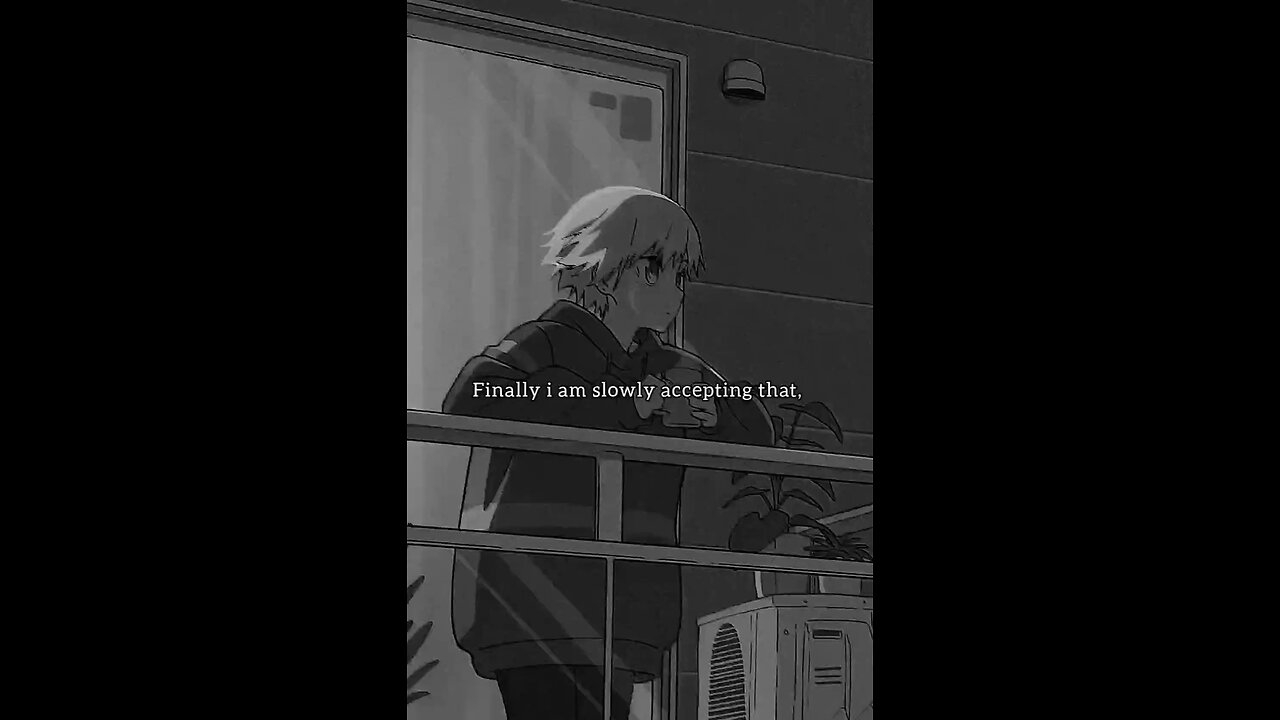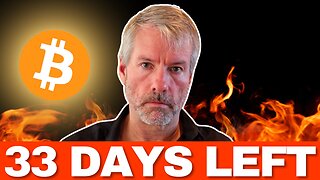Premium Only Content

REALITY OF TODAY'S GENERATION
Acharya Prashant is dedicated to building a brighter future for you
Extend your hand
Acharya Prashant
To demolish all that is false
Prashant Tripathi was born on the auspicious day of MahaShivRatri in 1978, at Agra, India. Eldest of three siblings, his father (Late Shri Awadhesh Narain Tripathi Ji) was a bureaucrat and mother (Smt. Sita Tripathi Ji) a homemaker. His childhood was spent mostly in the state of Uttar Pradesh.
Parents and teachers found him to be a child who could often be quite mischievous, on occasions, and then suddenly, deeply contemplative. Friends too recall him as having an unfathomable temperament, often not really sure whether he was joking or serious. A brilliant student, he consistently topped his class and received the highest commendations and prizes possible to a student. His mother fondly remembers how she was honoured several times as ‘Mother Queen’ for the academic performance of her child. Teachers would say that never before had they seen a student who was as brilliant in Science as in Humanities, as adept in Mathematics as in languages, and as proficient in English as in Hindi. The then Governor of the state felicitated him in a public function for setting a new benchmark in the Board examinations, and for being an NTSE scholar.
The prodigal student was a voracious reader since he was five years old. His father’s extensive home library consisted of some of the world’s best literature, including spiritual texts like the Upanishads. For long hours, the child would be tucked away in the most silent corners of the house, immersed in stuff that was meant to be understood only by men of advanced age and maturity. Lost in reading, he would skip meals and sleep. Before he had turned ten, Prashant had read almost everything in the father’s collection and was asking for more. The first signs of the mystical appeared when he started composing poetry at the age of eleven. His poems were imbued with shades of the mysterious and were asking questions that most grown-ups could not grasp.
At the age of fifteen, after being in the city of Lucknow for many years, he found himself in Ghaziabad near Delhi, owing to his father’s transferable job. The particular age and the change of city accelerated the process that had already taken deep roots. He took to waking at night, and besides studying, would often be staring silently at the night sky. His poems grew in depth, a lot of them devoted to the night and the moon. Rather than academics, his attention started flowing increasingly towards the mystical.
He nevertheless continued to do well academically and gained admission to the prestigious Indian Institute of Technology, Delhi. His years at IIT were full of exploration of the world, deep involvement in student politics, and shining as a debater and an actor in nationwide events and competitions. He was a vibrant figure on the campus, a dependable student leader, and a soulful performer on the stage. He would consistently win debate and extempore speech competitions in which participants from across the country would compete, and would also win prizes for directing and acting in meaningful plays. In one of the plays, he got the ‘Best Actor Award’ for a performance in which he did not utter a word and moved not a single step.
He had been sensing since long that there was something fundamentally amiss in the way most people perceive the world, the way our minds are conditioned to operate, and hence something is distorted in the way the relationships between people are, the way the worldly institutions are designed, the way our societies function—basically the very way we live. He had started seeing that incomplete perception was at the root of human suffering. He was deeply disturbed by man’s ignorance and cultivated inferiority, the evils of poverty, the evils of consumption, violence towards man, animals, and environment, and exploitation based on narrow ideology and self-interest. His entire being was raring to challenge the all-pervasive suffering, and as a young man, he guessed that the Indian Civil Services or the Management route might be an apt one to take.
He gained admission to the Indian Civil Services and the Indian Institute of Management (IIM), Ahmedabad in the same year. However, because the service allotted to him based on his rank was not the Indian Administrative Services – the service that he had wanted, and because he could already see that the government was not the best place where revolutionary changes could be brought about, he opted to go to IIM.
The two years at IIM were obviously rich in the academic content he absorbed. But he was not the one who would confine himself to slogging for grades and placements, as is the norm in these coveted institutions. He would regularly spend time teaching kids at an NGO that operated in a slum close to Gandhi Ashram, and would also teach Mathematics to graduates to earn to spend at the NGO. Besides, his angst at human ignorance expressed itself through theatre. He took up plays like ‘Khamosh, adalat jaari hai’, ‘Rhinoceros’, ‘Pagla Ghoda’, and ‘The Night of January 16th’ and directed them, besides acting in them. At one point, he was directing two parallel plays. The plays were performed in the IIM auditorium to packed audiences from within and outside the city. In the profit-centered and self-interest driven atmosphere of the campus, he had found himself an outsider. These existentialist and rebellious plays helped him vent out his anguish, and also prepared him for the bigger stage ahead.
-
![[Ep 737] Media & Left Attack Prayer and God | Media Loses Control of Narrative | CDL Fraud](https://1a-1791.com/video/fww1/ca/s8/1/m/N/f/d/mNfdz.0kob-small-Ep-736-Make-Gender-Dysphori.jpg) LIVE
LIVE
The Nunn Report - w/ Dan Nunn
58 minutes ago[Ep 737] Media & Left Attack Prayer and God | Media Loses Control of Narrative | CDL Fraud
121 watching -
 2:53:12
2:53:12
Right Side Broadcasting Network
7 hours agoLIVE REPLAY: White House Press Secretary Karoline Leavitt Holds a Press Briefing - 8/28/25
97.9K39 -
 1:38:09
1:38:09
Simply Bitcoin
4 hours ago $1.75 earnedIs This Your LAST Chance to Buy Bitcoin Before the GENERATIONAL Bull Run Begins? | EP 1320
16.3K1 -
 LIVE
LIVE
StoneMountain64
2 hours ago#1 WARZONE TACTICIAN + New Battlefield Trailer
186 watching -
 20:03
20:03
Adam Does Movies
3 hours ago $0.43 earnedAlien: Earth Episode 1 - Recrap
11.5K -
 15:38
15:38
IsaacButterfield
11 hours ago $0.42 earnedExploiting His Baby For Views (The Island Boys)
8.76K11 -
 32:09
32:09
The Boomer Effect
7 hours agoBuy American and Build America
8.52K1 -
 1:59:46
1:59:46
The Charlie Kirk Show
4 hours agoShould Taylor Swift Submit? + What's Wrong In Minneapolis? + MAHA vs. CDC | 8.28.2025
56.5K28 -
 50:23
50:23
The White House
3 hours agoPress Secretary Karoline Leavitt Briefs Members of the Media, Aug. 28, 2025
38.2K32 -
 1:01:34
1:01:34
Timcast
4 hours agoCatholics Targeted By TRANS Shooter, Left Blames CHRISTIANITY
169K119